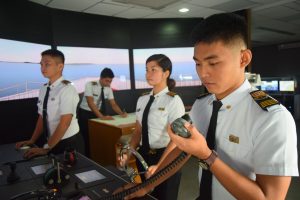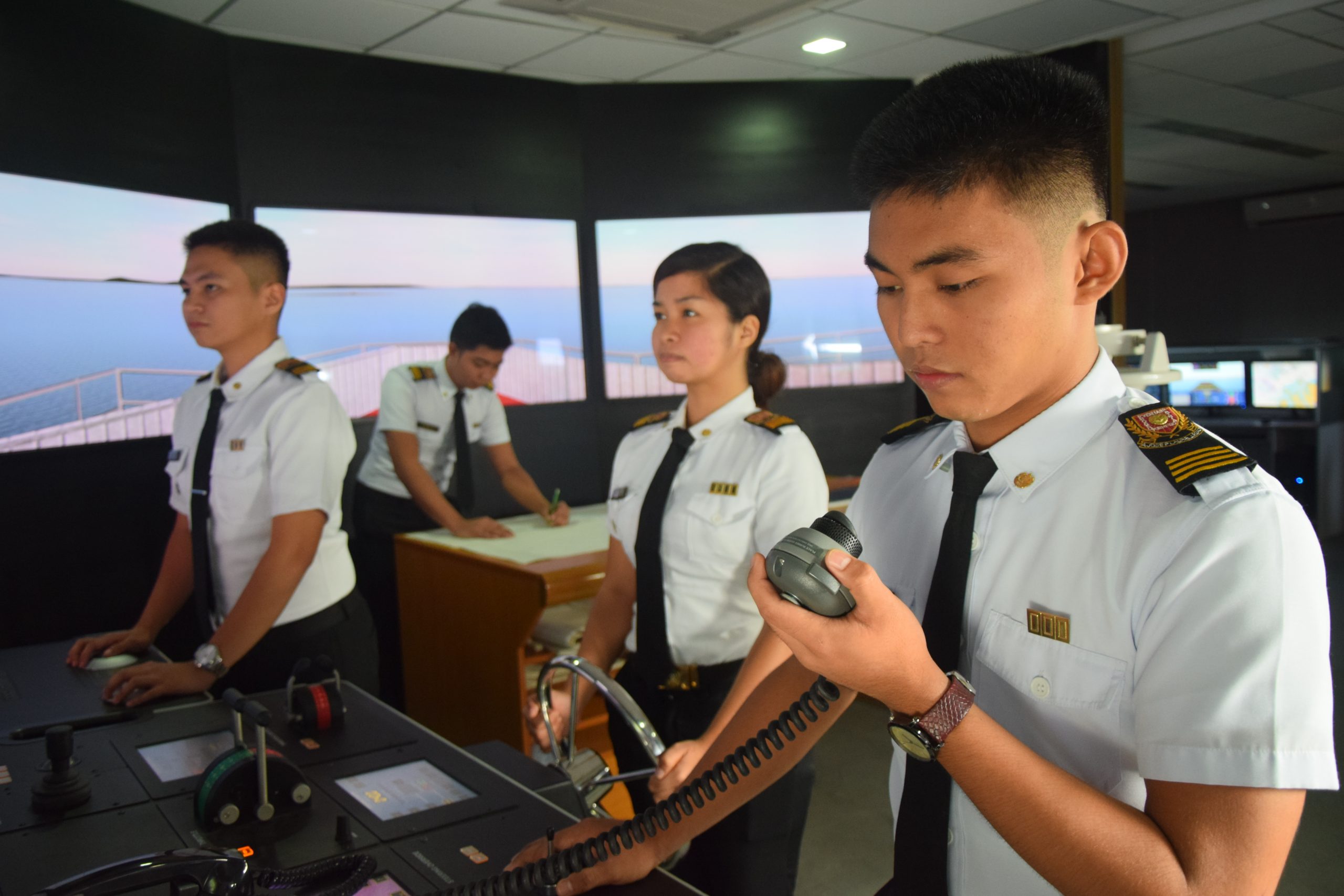The Philippines stands as a global leader in maritime education, producing a significant portion of the world’s seafarers. Aspiring mariners have access to a wide array of educational institutions offering programs that equip them with the necessary skills and certifications for a successful career at sea. This article provides a comprehensive overview of the country’s maritime education landscape, highlighting key institutions, programs, and the standards that ensure the competence of Filipino seafarers.
Overview of Maritime Education in the Philippines
Maritime education in the Philippines is governed by the Commission on Higher Education (CHED) and the Maritime Industry Authority (MARINA). These agencies ensure that maritime programs comply with both national and international standards, particularly the Standards of Training, Certification, and Watchkeeping for Seafarers (STCW).
The primary programs offered by maritime institutions include:
- Bachelor of Science in Marine Transportation (BSMT): Focuses on navigation, seamanship, and ship operations, preparing graduates for roles as deck officers.
- Bachelor of Science in Marine Engineering (BSMarE): Concentrates on the operation and maintenance of ship propulsion systems and other mechanical equipment, leading to careers as marine engineers.
In addition to these degree programs, various institutions offer short-term courses and certifications for specific competencies required in the maritime industry.

–
Leading Maritime Institutions in the Philippines
The Philippines boasts numerous maritime schools and training centers accredited by CHED and MARINA. Below is a selection of notable institutions across different regions:
National Capital Region (NCR)
- Philippine Merchant Marine School (PMMS): With campuses in Las Piñas and Manila, PMMS offers BSMT and BSMarE programs.
- Asian Institute of Maritime Studies (AIMS): Located in Pasay City, AIMS provides comprehensive maritime education, including programs in marine transportation and engineering.
- Maritime Academy of Asia and the Pacific (MAAP): Situated in Mariveles, Bataan, MAAP is known for its state-of-the-art facilities and offers full scholarships to qualified students.
Region IV-A (CALABARZON)
- NYK-TDG Maritime Academy (NTMA): Located in Canlubang, Calamba, NTMA is a joint venture between Japan’s NYK Line and the Transnational Diversified Group, offering specialized maritime programs.
Region VII (Central Visayas)
- University of Cebu – Maritime Education and Training Center (UC-METC): Based in Cebu City, UC-METC provides BSMT and BSMarE programs and is known for its large number of maritime graduates.
Region VIII (Eastern Visayas)
- Palompon Institute of Technology (PIT): Located in Palompon, Leyte, PIT has been recognized for its high passing rates in maritime licensure examinations.
Region XI (Davao Region)
- MATS College of Technology: Situated in Davao City, MATS offers maritime programs and has facilities for hands-on training.
These institutions, among others, have contributed significantly to the Philippines’ reputation as a leading supplier of competent seafarers worldwide.
–
Accreditation and Quality Assurance
Ensuring the quality of maritime education is paramount. CHED and MARINA collaborate to accredit institutions and programs, ensuring compliance with international standards. As of the academic year 2023-2024, there are 83 accredited maritime higher education institutions eligible to accept first-year enrollees in BSMT and BSMarE programs. Accreditation involves rigorous evaluation of curricula, faculty qualifications, facilities, and training vessels. Institutions must also align their programs with the STCW Convention to ensure that graduates are qualified for international maritime employment.
–
Training Facilities and Onboard Experience
A critical component of maritime education is practical training. Institutions often have simulation facilities, such as bridge and engine room simulators, to provide hands-on experience. For instance, PMI Colleges was the first maritime school in the country to acquire its own training ship, M/V Admiral Tomas Cloma, enhancing practical learning opportunities. Additionally, students are required to complete sea-time experience, serving as cadets on commercial vessels. This onboard training is essential for applying theoretical knowledge in real-world scenarios and is a prerequisite for licensure.
–
Challenges and Opportunities
While the Philippines remains a top provider of seafarers, the maritime education sector faces challenges, including:
- Maintaining International Standards: Continuous updates to curricula and training methods are necessary to comply with evolving international regulations.
- Technological Advancements: Integrating new technologies, such as automation and digitalization, into training programs requires significant investment.
- Global Competition: Other countries are enhancing their maritime education systems, increasing competition in the global seafaring labor market.
Addressing these challenges presents opportunities for innovation in training methodologies, investment in modern facilities, and strengthening partnerships with international shipping companies to ensure the continued competitiveness of Filipino seafarers.

In conclusion, the Philippines’ extensive network of maritime educational institutions plays a pivotal role in supplying skilled seafarers to the global shipping industry. Through rigorous training programs, adherence to international standards, and a commitment to excellence, these institutions ensure that Filipino seafarers remain among the most sought-after professionals in the maritime sector. Aspiring seafarers are encouraged to choose accredited institutions that offer comprehensive programs, combining theoretical instruction with practical experience, to embark on a rewarding and globally recognized career at sea.

